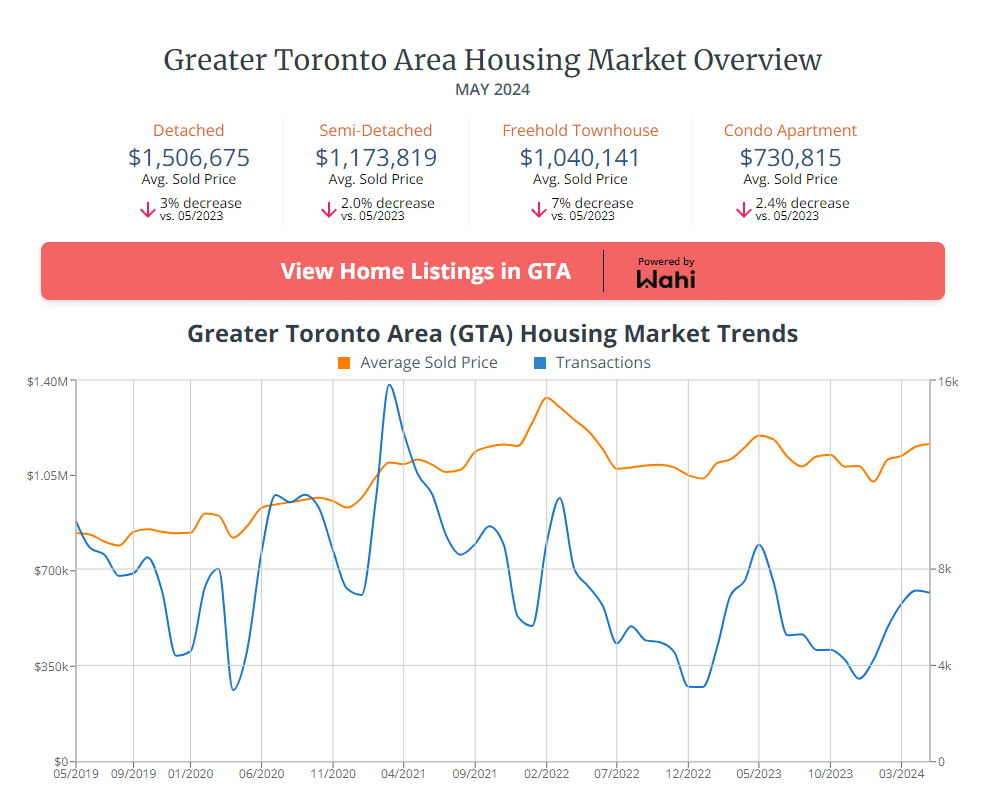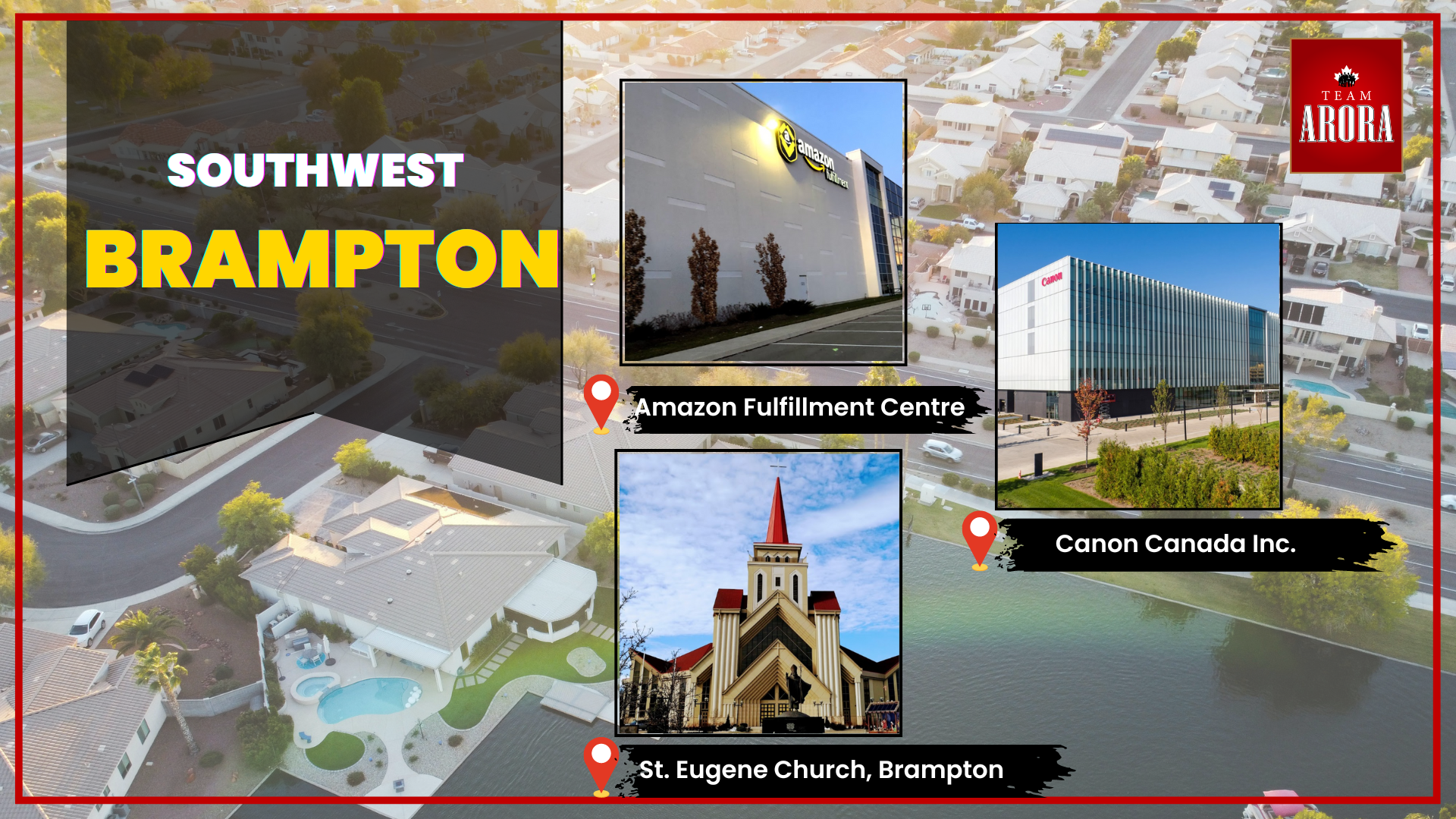Nestled in the thriving city of Cambridge, Ontario, Westwood Village is rapidly becoming one of the most desirable neighborhoods in the region. Known for its blend of modern amenities, community spirit, and access to nature, this area offers an exceptional quality of life. With the recent opening of Bismark Park and its proximity to top-rated schools and attractions, Westwood Village presents an incredible opportunity for homebuyers and investors alike.
Why Choose Westwood Village?
Westwood Village is more than just a place to live; it’s a community designed for those who value connection, convenience, and quality. Located in West Cambridge, this vibrant neighborhood is home to a diverse mix of families, professionals, and retirees. The area boasts a welcoming atmosphere with amenities that cater to every lifestyle.
Top Schools in Westwood Village
One of the most important factors for families considering a move is the quality of local schools. Westwood Village is surrounded by some of the best educational institutions in Cambridge, offering a range of options for children of all ages.
- St. Benedict Catholic Secondary School: Known for its strong academic programs and extracurricular activities, St. Benedict’s provides a well-rounded education with a focus on Catholic values. The school offers Advanced Placement courses and has a reputation for excellence in arts and sports.
- Centennial Public School: A highly-rated elementary school, Centennial Public School offers a supportive learning environment with a strong emphasis on academic achievement and community involvement. The school is known for its dedicated staff and innovative teaching methods.
- Galt Collegiate Institute and Vocational School: As one of the oldest schools in the area, Galt Collegiate Institute combines tradition with modern education. It offers a range of programs, including arts, technology, and athletics, providing students with a comprehensive educational experience.
- Hespeler Public School: Known for its inclusive environment and commitment to student success, Hespeler Public School focuses on nurturing each child’s unique talents and abilities. The school offers a variety of programs and extracurricular activities to support student growth.
Explore the Great Outdoors at Bismark Park
The newly opened Bismark Park is the jewel of Westwood Village. This $6 million investment by Hallman Construction Limited and the Lyle S. Hallman Foundation has transformed the neighborhood into a hub of outdoor activity and community gatherings.
Bismark Park Highlights:
- Pickleball Courts: Perfect for both beginners and experienced players, these courts offer a fun way to stay active and meet new friends.
- Skatepark: Designed for skateboarders of all skill levels, the skatepark provides a safe and exciting place for kids and teens to practice their moves.
- Splash Pads: A favorite among families, the splash pads offer a refreshing escape during the hot summer months, making it a popular spot for kids to cool off and have fun.
With beautifully landscaped gardens, walking trails, and picnic areas, Bismark Park is a place where residents can relax, play, and connect with nature.
Discover Local Attractions in Cambridge
Living in Westwood Village means you’re just a short drive away from some of Cambridge’s most popular attractions.
- Cambridge Butterfly Conservatory: Home to thousands of free-flying butterflies, this conservatory offers a magical experience for visitors of all ages. Explore the lush tropical gardens and learn about the fascinating life cycles of butterflies and other insects.
- Riverside Park: This expansive park along the Speed River is perfect for outdoor enthusiasts. With playgrounds, sports fields, and scenic walking trails, Riverside Park is an ideal spot for picnics, family outings, and enjoying the natural beauty of Cambridge.
- Fashion History Museum: Discover the evolution of fashion through the ages at this unique museum. With an impressive collection of clothing and accessories, the Fashion History Museum offers a glimpse into the styles and trends of the past.
- McDougall Cottage Historic Site: Step back in time at this charming 19th-century cottage. The site offers a glimpse into the life of early Scottish settlers in Cambridge, with beautifully preserved interiors and gardens.
- Grand River Trails: For those who love hiking and biking, the Grand River Trails offer miles of scenic paths along the river. Enjoy breathtaking views and the chance to spot local wildlife as you explore this picturesque area.
Dining and Shopping in Westwood Village
Westwood Village offers a variety of dining and shopping options, ensuring residents have everything they need close to home.
Popular Dining Spots:
- Westwood Grill: Known for its delicious Canadian cuisine and friendly atmosphere, Westwood Grill is a favorite among locals.
- Cambridge Mill: This historic restaurant offers a fine dining experience with stunning views of the Grand River. The menu features a blend of classic and contemporary dishes, making it perfect for special occasions.
- Monigram Coffee Roasters: For coffee enthusiasts, Monigram Coffee Roasters offers expertly crafted beverages in a cozy setting. It’s the perfect spot to relax and catch up with friends.
Shopping Destinations:
- Cambridge Centre: This popular shopping mall features a wide range of stores, from fashion and beauty to electronics and home goods.
- Downtown Galt: Explore the charming streets of Downtown Galt, where you’ll find unique boutiques, antique shops, and art galleries.
Invest in Your Future with Westwood Village
With its exceptional amenities, top-rated schools, and proximity to Cambridge’s best attractions, Westwood Village is a prime location for families, professionals, and investors. Whether you’re looking for a new home or a smart investment opportunity, this vibrant community has something to offer everyone.
Why Invest in Westwood Village?:
- Growing Community: With a projected population growth of 4,000 new residents, Westwood Village is poised for continued development and prosperity.
- Strong Real Estate Market: Cambridge’s real estate market remains robust, with demand for quality homes and properties on the rise.
- Quality of Life: Residents enjoy a high quality of life, with access to top-notch amenities, schools, and recreational opportunities.
Now is the perfect time to explore real estate opportunities in Westwood Village. Whether you’re searching for a modern condo or a spacious family home, our listings offer a range of options to suit your needs.
Contact us today to learn more about our available properties and take the first step toward your future in Westwood Village.
Join the thriving community of Westwood Village and experience all that Cambridge has to offer. With its unique blend of modern living and natural beauty, it’s a place where you can truly feel at home.









